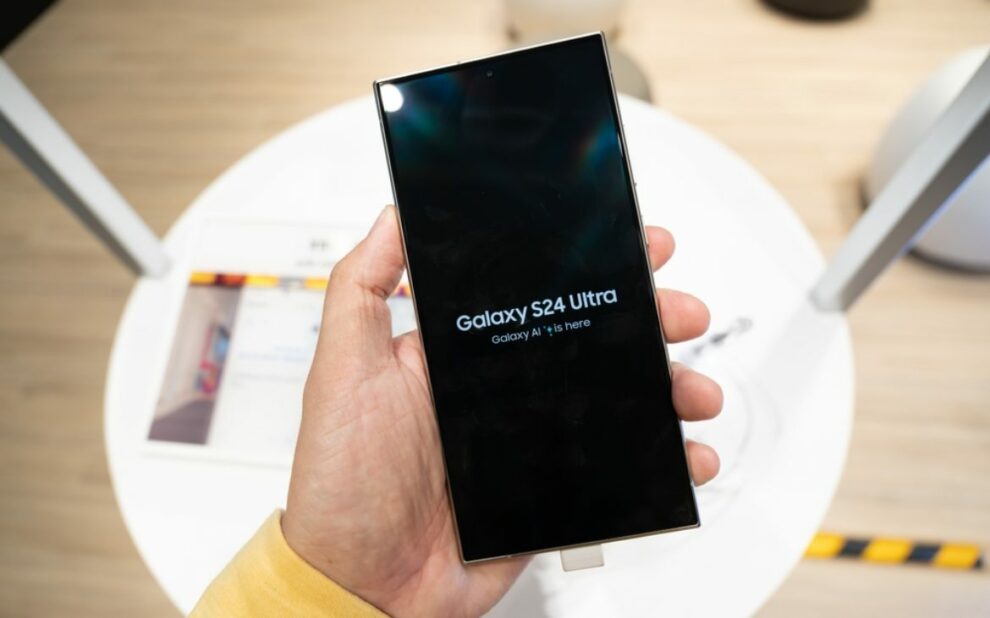A development that has disappointed millions of Samsung Galaxy smartphone owners, recent reports indicate that Samsung’s current flagship devices, including the S24 series, will continue to lack Google’s seamless update functionality, with this feature potentially debuting only with the upcoming Galaxy S25 series. This decision highlights an ongoing disparity between Samsung’s update system and those of its competitors, particularly Apple’s iPhone.
The revelation comes amid Samsung’s broader efforts to enhance security and privacy features across its Android ecosystem. While the tech giant has made significant strides in various aspects of device security, including stricter controls on sideloading and enhanced Knox security features, the company’s update mechanism remains a point of contention for users and industry observers alike.
Google’s seamless update system, which has been available on Android for several years, allows operating system updates to occur while devices are running, minimizing disruption to users. Under this system, updates can be installed in the background, with the only interruption being a quick restart that takes no longer than a regular device reboot. However, Samsung’s current flagship phones, including the latest S24 series, continue to use an older, more time-consuming update method.
The existing update process on Samsung devices requires a full system reboot during which new software is installed, a procedure that can take several minutes and renders the device unusable during the installation. This approach has been criticized as less efficient and more disruptive to users compared to the seamless update system employed by Google’s Pixel devices and other Android manufacturers.

Earlier this year, there was optimism when Samsung appeared to be adopting seamless updates with its mid-range A55 devices. However, this implementation has not expanded to the company’s flagship models, leading to speculation that the feature will debut with the S25 series. This delay is particularly frustrating for owners of premium Samsung devices, who might have expected their high-end phones to receive such fundamental improvements first.
The situation is further complicated by Samsung’s current update distribution system, which releases updates based on specific models, regions, and carriers. This fragmented approach means that while Samsung maintains a monthly security update cycle, not all users receive updates simultaneously, with some devices relegated to quarterly or even less frequent update schedules.
In a recent development, Samsung has begun rolling out its November 2024 security update for the Galaxy S24 series, though initially only for carrier-locked models on specific networks in the United States. This early release, while promising, still highlights the disparate nature of Samsung’s update distribution system, as many users worldwide will need to wait for their devices to receive the same update.
Samsung has responded to concerns about update processes by emphasizing its commitment to security, particularly in light of recent Qualcomm chipset vulnerabilities. The company stated that it “takes security issues very seriously” and is working with Qualcomm to address potential vulnerabilities, with updates being rolled out since October. However, they acknowledge that update availability will continue to vary by network provider and model.
The contrast with Apple’s update system remains stark. While Samsung struggles with fragmented update distribution and lengthy installation processes, Apple maintains the ability to push updates simultaneously to all supported devices worldwide, with a more streamlined installation process. This difference becomes particularly notable as Samsung and Google work to close other security and privacy gaps with Apple’s ecosystem.
The situation represents a significant challenge for Samsung as it continues to compete in the premium smartphone market. While the company has successfully matched or exceeded Apple in many areas of device capability and security, the update system remains a notable weakness in its otherwise impressive offering.
Looking ahead, the potential inclusion of seamless updates in the Galaxy S25 series suggests Samsung recognizes the importance of addressing this issue. However, for current Galaxy S24 and S23 owners, the prospect of continuing with the existing update system for the remainder of their devices’ lifespans may be a source of ongoing frustration.
As Samsung continues to push the boundaries of smartphone innovation and security, the company’s approach to system updates remains an area where significant improvement is still needed. The promise of seamless updates in future devices offers hope for improvement, but for millions of current Samsung flagship device owners, this change will come too late to benefit their existing devices.
















Add Comment